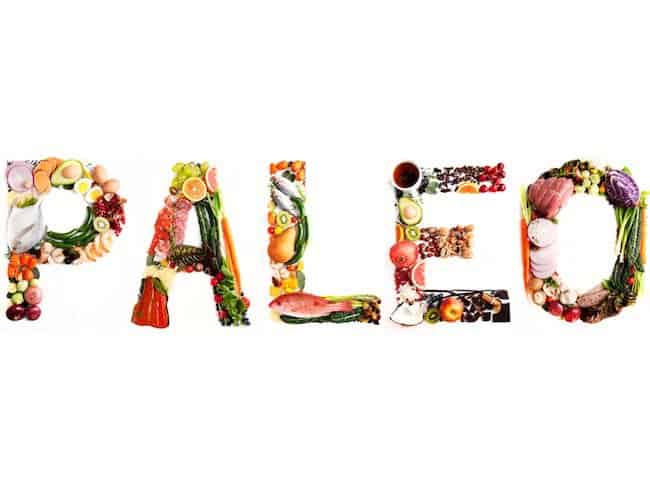
The Paleo diet, otherwise known as the Caveman, Palaeolithic, Stone Age or Warrior diet, is yet another eating regime deemed by its creators and ardent followers to be the ‘healthiest’ diet. However, is there really a need to revert to how human beings were eating thousands of years ago in order to be healthy?
What is the idea behind the Paleo diet?
The Paleo diet is based on the idea of eating similar foods to those eaten (supposedly), by caveman more than 10,000 years ago. The diet plan is based on foods that theoretically can be hunted or gathered, leaving out foods developed after the start of modern agriculture.
The theory behind this is that our modern diet is the reason we develop lifestyle diseases such as heart disease, Type 2 diabetes and high blood pressure. By reverting back to the past, we can irradiate these types of health problems, as well as achieve better athletic performance and maintain a healthy weight.
According to supporters of the diet, we are genetically programmed to eat in the same manner as our ancestors before us, and our bodies have not adapted to our modern diet, meaning these foods can apparently cause cellular inflammation. Therefore the Paleo style of eating is the most biologically appropriate diet for us.
What can you eat?
Anything that can be hunted or gathered. Obviously in this age, hunting is not necessarily the easiest or most appropriate way to obtain your food, however, even if you buy it from a supermarket, if it was readily obtained during the Paleolithic period, it’s fine to eat. This includes meat, fish, shellfish, eggs, tree nuts, vegetables, roots, fruits and berries, raw honey and coconut palm sugar.
Dairy, potatoes, processed oils, grains, legumes and sugars are all eliminated, along with salt and any drinks expect water, coconut water or green tea. The diet of course eliminates any processed and readymade foods available today and is gluten free, mainly due to the elimination of grains.
There are some variations between plans, but it is generally suggested that organic produce be consumed as it is the closest in nutritional value to that which was eaten by cavemen. The plan also advises that followers be physically active daily, although not to the extent of hunting food and building shelter that was necessary for our ancestors. It has been suggested by the diets creator that following the diet even 80% of the time is enough to reap the benefits.
Is there evidence to support such as diet?
While there are certainly a number of studies showing good results in risk markers for conditions such as Type 2 diabetes and heart disease, as well as for weight loss, these studies are mainly based around very small sample sizes and are carried out over a short period of time.
Further studies in larger sample groups that take place over a much longer period are necessary to give a clear indication if the advertised benefits of this diet are supported by evidence.
There is a building amount of evidence supporting a higher protein diet for weight loss and reduced risk of lifestyle disease; however, this does not support the exclusion of high protein foods such as dairy products and legumes.
Similarly, there are also numerous studies that suggest that whole grains, legumes and low fat dairy have a valid place in a healthy diet, hence their inclusion in the current American Dietary Guidelines based on available research deemed to have sufficient strength to be considered reliable.
It should also be remembered that weight loss will improve overall health and often improve markers for lifestyle diseases. Hence, a diet that eliminates a large number of foods and is therefore likely to be lower calorie ,such as the Paleo diet, is also likely to cause weight loss, producing favourable effects on these markers.
The good points of Paleo
The Paleo diet does have some advantages, as it is a diet based entirely on whole foods, is high in fruits and vegetables and contains lower levels of sugar, sodium and processed foods than the average American diet.
There is no doubt that these foods all have a place in a healthy balanced diet and provide much needed vitamins and minerals to the body. By eliminating processed foods, which are often high in fat, as well as many other foods, followers are likely to consume less calories and therefore lose weight.
Paleo diet drawbacks
As with any restrictive diet that eliminates entire food groups, there is always the risk of nutrient deficiencies. The Paleo diet eliminates dairy products, which opens us up to the risk of calcium and vitamin D deficiencies, and grains, which may leave us lacking in B vitamins and fibre. These nutrients are important in the body for bone strength, energy metabolism, the nervous system and a healthy digestive tract.
There is a huge amount of scientific research showing the benefits of a high fibre diet featuring whole grains, legumes and low fat dairy products in overall health and reduced risk of certain lifestyle diseases.
The aim of any healthy eating plan is not just to see short term weight loss and improved health; you must be able to keep it up in the long term in order to truly benefit from any apparent advantages of the diet.
As the Paleo diet focuses on organic produce and features a lot of more expensive products such as meat and fish, cost may also be an issue for those following the diet, making it unsustainable in the long term. The lack of variety and elimination of certain key food groups may also make it difficult to follow for an extended time period.
Is the Paleo diet for you?
Whilst there are certainly benefits to eating less processed and more natural foods, there are many drawbacks in particular the risk of nutrient deficiencies when it comes to following this type of diet in the long term.
If you do feel you wish to follow the Paleo diet, consult a dietician as to the best way to approach the diet and to find out if supplementation is necessary to avoid deficiencies.
References used in this article
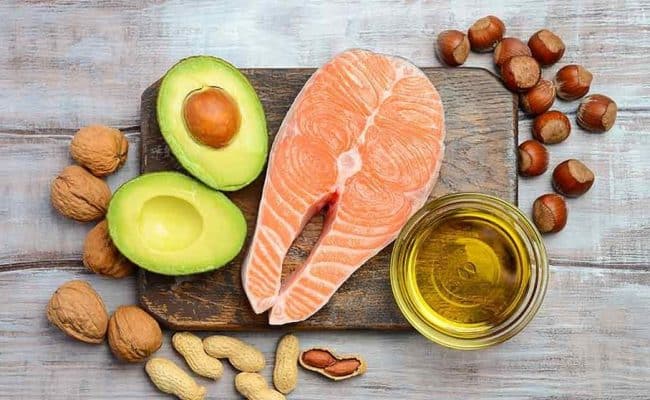
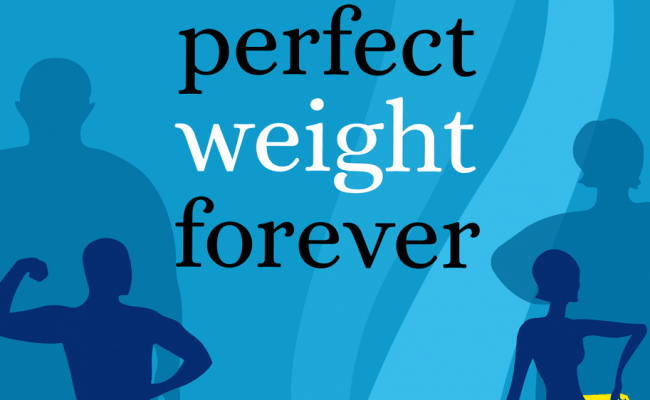


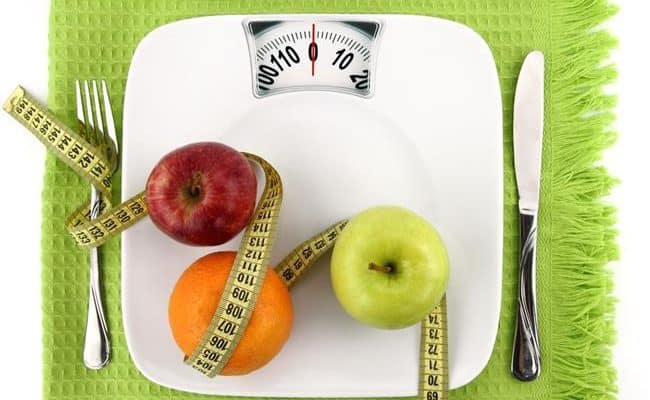

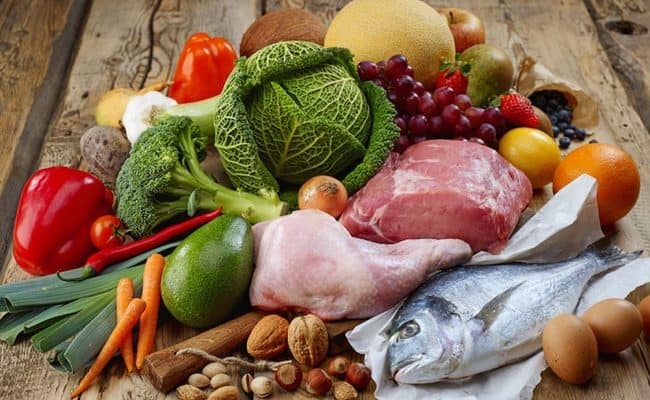
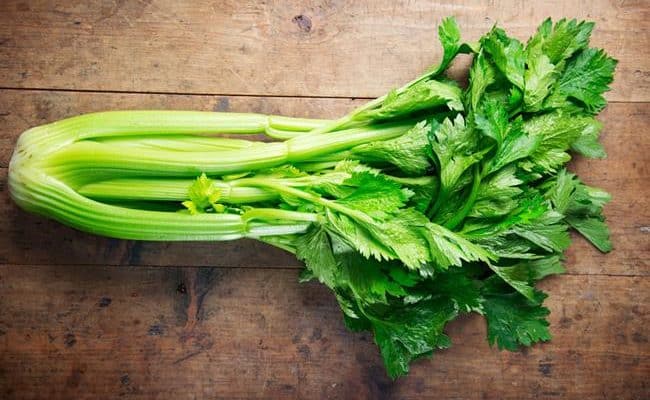
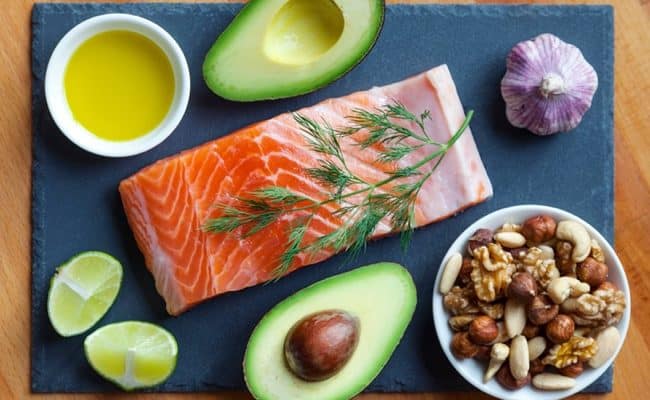


Audrey Hona says
Nutrition science continues to reveal new findings — almost daily — about healthy eating. But some experts say all we need to do is eat like our Stone Age ancestors to be healthy.
IraBraceloff says
The Paleo diet has been reported to eliminate bloating, clear up acne, eradicate seasonal allergies, free you from migraines, and even help you shed a few pounds. While none of this is guaranteed, cleaning up your diet and focusing on whole, fresh foods is definitely a good idea.